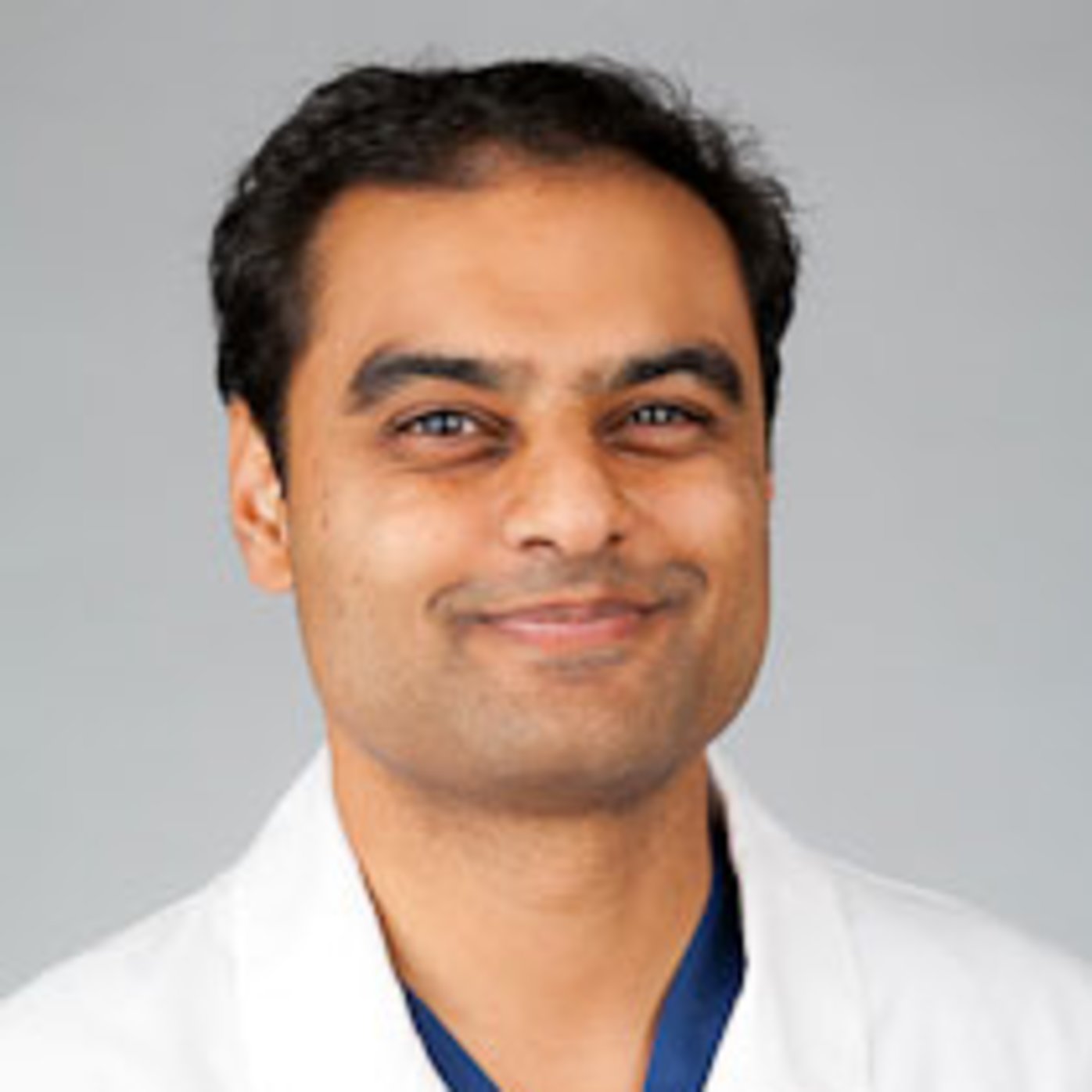
San Diego’s first comprehensive neuroscience hospital opens
Sharp Grossmont Hospital for Neuroscience brings cutting-edge technology and advanced brain and spine care close to home for San Diegans.
At the beginning of 2021, Robert Anaya began having intense headaches when falling asleep and again upon waking in the morning. Shortly after the headaches started, he struggled to make decisions and experienced anxiety.
“I had these headaches for three weeks, so I visited my primary care doctor,” says Robert, 35, a former water delivery driver who lives in Brawley in the Imperial Valley, where he initially sought treatment. “He prescribed high blood pressure medicine, but it didn’t work.”
Robert’s symptoms were so severe that he went to his local emergency room. He received medicine for migraines and missed numerous workdays. “If I didn’t miss work, I was often late and on the verge of losing my job,” he says.
Finally, his primary care doctor ordered a CT scan when Robert nearly fainted. Robert anticipated receiving the test results that would hopefully explain his baffling symptoms. But he immediately knew something was wrong when he saw the radiation technician’s solemn expression.
“The scan found a tumor the size of a golf ball on the right frontal lobe of my brain,” Robert says. “Having lost my mom to stomach cancer, I instantly thought about my two daughters.”
A diagnosis and plan of treatment
Robert learned he had glioblastoma — a grade 4 cancerous tumor that grows rapidly. In April 2021, he traveled to a hospital in San Diego for surgery performed by Dr. Vikram Udani, a neurosurgeon affiliated with Sharp Memorial Hospital.
Dr. Udani was able to completely remove the tumor. And with his help, Robert transferred hospitals to receive care at the Laurel Amtower Cancer Institute and Neuro-Oncology Center at Sharp Memorial.
“I referred Robert to the Amtower team as it offers the best and most comprehensive care for neuro-oncologic patients in San Diego County,” says Dr. Udani. “While he was here, I got to know more of Robert’s incredibly loving and supportive family, who are a crucial support system for him.”
Robert also received treatment from Dr. Siavash Jabbari, a radiation oncologist affiliated with Sharp Community Medical Group and Sharp Memorial Hospital.
“I got so much helpful information from Dr. Jabbari,” says Robert. “Not just about my treatment. He helped me personally, providing guidance about how to talk about my diagnosis with my daughters.”
Robert began radiation therapy, which he received five days a week, and started chemotherapy with the help of Dr. Marie Shieh, a medical oncologist affiliated with Sharp Community Medical Group and Sharp Memorial Hospital.
“Both Dr. Jabbari and Dr. Shieh are incredible,” says Robert. “Their care for me extended beyond these treatments, and they were always willing to answer any questions I had.”
After Robert finished radiation treatment, he began to wear the FDA-approved Optune device. The wearable device can help prevent or destroy cancerous cells through electric fields delivered to adhesive patches where the cancer is located.
According to Dr. Jabbari, Robert was a good candidate for the Optune device. “He was active and very motivated in his own care,” says Dr. Jabbari.
Positivity plays an important role in recovery
Although glioblastoma is a serious condition, Robert has maintained a positive mindset. “I am able to live as best as I can,” he says. “I had a bit of nausea a couple of months ago, but for the most part I am able to exercise and keep moving.”
Dr. Shieh says she admires Robert’s tenacious spirit. She says it is both a privilege and a pleasure to be a part of his care team.
“Robert has not let glioblastoma change his attitude on life,” she says. “He has done everything he can to support his treatment — not just by following the recommended plan of care, but also by making lifestyle changes, such as staying physically active.”
A care team beyond clinicians
Robert has participated in Sharp HealthCare’s brain tumor support groups and received encouragement and assistance from Arlene Johnson, a clinical case manager and nurse navigator. “Working with her has been absolutely amazing, she has been incredibly supportive,” he says.
Arlene assists by coordinating appointments; providing education for treatment plans and test results; and making referrals to community resources for financial needs, transportation and meal assistance. She also offers emotional support.
“I love seeing his smile. He has always had such a positive attitude and determination,” says Arlene. “Robert is a shining star.”
Currently, Robert sees Dr. Jabbari and Dr. Shieh once a month for follow-up appointments. And while he says there were many ups and downs throughout this journey and, obviously, he never wanted cancer, he wouldn’t change anything. “I’ve truly learned that positivity is a powerful tool,” he says.
Learn about brain tumor treatment at Sharp HealthCare.
For the news media: To talk with Dr. Udani, Dr. Jabbari or Dr. Shieh about this story, contact Erica Carlson, senior public relations specialist, at erica.carlson@sharp.com.

The Sharp Health News Team are content authors who write and produce stories about Sharp HealthCare and its hospitals, clinics, medical groups and health plan.

Dr. Vikram Udani is a board-certified neurological surgeon affiliated with Sharp HealthCare and a contributor to Sharp Health News.
Our weekly email brings you the latest health tips, recipes and stories.